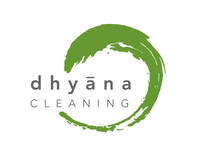Cleaning the internal + external: revealing beauty
Team Dhyana's top tips to enjoy cleaning
Better keep yourself clean and bright; you are the window through which you must see the world.
- George Bernard Shaw
Are you comfy? Great! The art of cleaning is a topic that we at Dhyana Cleaning are passionate about. Grab your coffee and settle in. If you’re interested in mindfulness and learning more about yourself with simple daily actions, read on!
WHY DOES CLEANING GET SUCH A BAD RAP?
Let’s face it, cleaning your home is not a ‘task’ many of us look forward to. Why do we hate cleaning? Perhaps we find it boring, or finding time in our fast-paced lives is too difficult.
Finding joy in cleaning is a process of self-discovery which leads to more open awareness about ourselves. Noticing what emotions and feelings come up and cleaning with the negative ones is an act of self-compassion. Cleaning isn't always going to be enjoyable, but this is where learning and growth happens. Mindfulness techniques can go beyond seated meditation. By incorporating mindfulness into activities (especially your least favourite ones) you can reframe housework so things like cleaning, washing, and vacuuming become pleasant experiences
WHY DOES CLEANING GET SUCH A BAD RAP?
Let’s face it, cleaning your home is not a ‘task’ many of us look forward to. Why do we hate cleaning? Perhaps we find it boring, or finding time in our fast-paced lives is too difficult.
Finding joy in cleaning is a process of self-discovery which leads to more open awareness about ourselves. Noticing what emotions and feelings come up and cleaning with the negative ones is an act of self-compassion. Cleaning isn't always going to be enjoyable, but this is where learning and growth happens. Mindfulness techniques can go beyond seated meditation. By incorporating mindfulness into activities (especially your least favourite ones) you can reframe housework so things like cleaning, washing, and vacuuming become pleasant experiences
“No mud, no lotus” is a Buddhist saying which means challenges cause us to grow. Thich Nhat Hanh teaches "No Mud, No Lotus" to remind us that lotus flowers only grow in mud. It's life's mud that offers nutrients for our souls to strengthen and our hearts to grow. In recognizing that challenge is a natural part of life, we’re transforming suffering, by not running away from it. Life isn't always meant to be comfortable. So, give yourself compassion when you’re procrastinating cleaning.
A clean, organized space is therapeutic. Spaces that are unclean and cluttered impair the brain’s ability to process information
Our physical environment impacts our mental state. In a clean and organized space, we are typically healthier, less stressed, and have a greater ability to focus. Researchers at Princeton University found that cluttered and unclean environments make it more difficult to complete regular tasks due to distraction.
We’ve put together our top tips to avoid procrastination and start revealing beauty in your home, and most importantly, in yourself. When we clean mindfully, it’s a gift for ourselves; we’re cleaning the internal as well as external.
We’ve put together our top tips to avoid procrastination and start revealing beauty in your home, and most importantly, in yourself. When we clean mindfully, it’s a gift for ourselves; we’re cleaning the internal as well as external.
START SMALL
If you don't naturally enjoy cleaning, then the thought of cleaning your entire home in one go is, well, overwhelming! Our advice: Start small: Small actions, small timeframes, small rooms. Start with one room (or one task) at a time, and take a step-by-step cleaning approach. This could be as simple as setting a 5-minute timer, grabbing that dust cloth, and wiping down the horizontal surfaces in your living room until that glorious buzzer sounds. VOILA! You’ve earned your break, and have completed the first step! Doesn’t that feel great?!
Why does this aid in our process of finding joy in cleaning? Starting with smaller actions trains our brain to build the habit because of how easy it is. After 5 minutes are up, you’re free to stop. What you’ll find is that you’ll continue doing chores even after time runs out because it’s harder to start cleaning than it is to continue. After each cleaning session, try increasing the task or timeframe. As you move on to tackle the dust bunnies in the next room, increase your timer to 7 minutes. As your habits increase, motivation naturally kicks in because recognizing you’ve completed a task is a dopamine response trigger (the larger the task, the greater the surge).
Cleaning Habit = Dopamine Hit
Dopamine is a big part of our unique human ability to think and plan. It helps us to strive and focus. It also affects other parts of our behaviours and physical functions such as: learning, motivation, sleep, kidney function, and heart rate. It’s the act behind cleaning, the sense of accomplishment, in combination with how the space looks and feels, that makes us feel good
As Brian Patrick Eha of Entrepreneur.com says in How to Reward Your Brain and Boost Productivity, “The key to achieving your goals may be in understanding your brain chemistry. When you succeed at something, your brain releases dopamine, a reward chemical which boosts memory and triggers increased concentration and a desire to repeat the experience.”
Mental Hygiene and Cleaning
Cleaning your mind is just as important as cleaning your physical environment and body. But what is mental hygiene and how is mental hygiene related to cleaning? Simplified, mental hygiene is the practice of maintaining mental health through proactive behaviour. Just as we’ve trained ourselves in the physical habit of brushing our teeth, we need to mentally check in with ourselves. Leading psychological research found that clutter increases stress and anxiety. Research has also discovered that housekeeping has a positive benefit on your mental health. Practicing good mental hygiene can help you deal with psychological trauma, such as the death of a loved one or a professional failure.
Cleaning mindfully is a simple practice we can incorporate into our daily routine. Through habit-stacking – a concept coined by James Clear, the author of Atomic Habits – you can pair a habit you want to master with one you’re already doing. In doing so, you check in with yourself and clean any internal ‘dirt’ that may have accumulated during the day.
Why does this aid in our process of finding joy in cleaning? Starting with smaller actions trains our brain to build the habit because of how easy it is. After 5 minutes are up, you’re free to stop. What you’ll find is that you’ll continue doing chores even after time runs out because it’s harder to start cleaning than it is to continue. After each cleaning session, try increasing the task or timeframe. As you move on to tackle the dust bunnies in the next room, increase your timer to 7 minutes. As your habits increase, motivation naturally kicks in because recognizing you’ve completed a task is a dopamine response trigger (the larger the task, the greater the surge).
Cleaning Habit = Dopamine Hit
Dopamine is a big part of our unique human ability to think and plan. It helps us to strive and focus. It also affects other parts of our behaviours and physical functions such as: learning, motivation, sleep, kidney function, and heart rate. It’s the act behind cleaning, the sense of accomplishment, in combination with how the space looks and feels, that makes us feel good
As Brian Patrick Eha of Entrepreneur.com says in How to Reward Your Brain and Boost Productivity, “The key to achieving your goals may be in understanding your brain chemistry. When you succeed at something, your brain releases dopamine, a reward chemical which boosts memory and triggers increased concentration and a desire to repeat the experience.”
Mental Hygiene and Cleaning
Cleaning your mind is just as important as cleaning your physical environment and body. But what is mental hygiene and how is mental hygiene related to cleaning? Simplified, mental hygiene is the practice of maintaining mental health through proactive behaviour. Just as we’ve trained ourselves in the physical habit of brushing our teeth, we need to mentally check in with ourselves. Leading psychological research found that clutter increases stress and anxiety. Research has also discovered that housekeeping has a positive benefit on your mental health. Practicing good mental hygiene can help you deal with psychological trauma, such as the death of a loved one or a professional failure.
Cleaning mindfully is a simple practice we can incorporate into our daily routine. Through habit-stacking – a concept coined by James Clear, the author of Atomic Habits – you can pair a habit you want to master with one you’re already doing. In doing so, you check in with yourself and clean any internal ‘dirt’ that may have accumulated during the day.
CREATE A FIVE SENSES RITUAL
Transform cleaning into meditation. Meditation teachers and cleaning-product makers say that doing household chores which require gentle concentration can steer the mind from worry and provide a sense of control amid uncertainty.
You may have feelings of self-doubt and frustration – and that’s OK! The key is remembering to refocus your thoughts on your five senses. This practice is a form of self-care and active meditation. It’s said to be that the best rituals utilize many (if not all) of the senses. The more unique the stimulus, the more powerful the motivating effect will be.
“Housework for most of us is probably not enjoyable, but if we see it more as an opportunity to train the mind, it actually becomes a very pleasant thing to do,” says Headspace co-founder Andy Puddicombe during a housework exercise on the company’s meditation app. “Rather than being caught up in the story line of ‘I don’t really want to do this, I’d rather be somewhere else or doing something else,’ instead we’re simply present with the physical sensation of we’re doing in the moment.”
A study published in the journal Mindfulness found that participants who mindfully washed up, i.e. took time to try to take in the smell of the washing up liquid etc... reported a 27% reduction in nervousness, along with a 25% improvement in "mental inspiration.
CLEANING RITUAL TIPS:
Creating a ritual sets the tone for your next activity. You’re training your mind to generate momentum and assign a sense of meaning to an activity. A creative ritual is, at its root, about setting an intention for a specific purpose. One such purpose is to generate motivation. The more personalized the ritual, the stronger the desire for it becomes.
You may have feelings of self-doubt and frustration – and that’s OK! The key is remembering to refocus your thoughts on your five senses. This practice is a form of self-care and active meditation. It’s said to be that the best rituals utilize many (if not all) of the senses. The more unique the stimulus, the more powerful the motivating effect will be.
“Housework for most of us is probably not enjoyable, but if we see it more as an opportunity to train the mind, it actually becomes a very pleasant thing to do,” says Headspace co-founder Andy Puddicombe during a housework exercise on the company’s meditation app. “Rather than being caught up in the story line of ‘I don’t really want to do this, I’d rather be somewhere else or doing something else,’ instead we’re simply present with the physical sensation of we’re doing in the moment.”
A study published in the journal Mindfulness found that participants who mindfully washed up, i.e. took time to try to take in the smell of the washing up liquid etc... reported a 27% reduction in nervousness, along with a 25% improvement in "mental inspiration.
CLEANING RITUAL TIPS:
- Scent (Olfactory): Start your cleaning ritual by lighting your favourite candle or incent. Actively acknowledge the scent.
- Taste (Gustatory): Sip on flavoured water, or pop one of your favourite candies in your mouth. Is it sweet or sour?
- Touch (Kinesthetic): Acknowledge the texture of the cleaning tool you’re using. Notice the pressure you’re putting on the bottom of your hand as you wipe across a surface, or the warmth of the water as you wash plates.
- Sound (Auditory): Put on an uplifting tune and mindfully move throughout your home.
- Sight (Visual): Focus on the details of what you’re seeing (textures, colours, the movement of dirt being swept from the floor.
Creating a ritual sets the tone for your next activity. You’re training your mind to generate momentum and assign a sense of meaning to an activity. A creative ritual is, at its root, about setting an intention for a specific purpose. One such purpose is to generate motivation. The more personalized the ritual, the stronger the desire for it becomes.
SET YOUR INTENTION
What Is Your WHY?
Ask yourself, why am I doing this? What do I intent to accomplish? Consistent reminders to yourself of what you want to achieve will motivate you to complete the task at hand and reach your goal. Perhaps your why is to create a healthy, safe space, free of germs as we navigate our way through a global pandemic. Maybe your intent is to improve mental hygiene through forms of meditative cleaning (as we touched on in the five senses ritual). Or to simply feel how energizing a clean space can be.
How Does Intention-Setting Help?
Through setting intention, you’re demonstrating to yourself that you can create your reality because you are seeing immediate results. It’s a simple way to show yourself that you have the power to set your mind to something and accomplish it (Locus of Control). So, even when the cleaning process isn’t enjoyable, remember your why, and it becomes easier to overcome the difficulty.
Ask yourself, why am I doing this? What do I intent to accomplish? Consistent reminders to yourself of what you want to achieve will motivate you to complete the task at hand and reach your goal. Perhaps your why is to create a healthy, safe space, free of germs as we navigate our way through a global pandemic. Maybe your intent is to improve mental hygiene through forms of meditative cleaning (as we touched on in the five senses ritual). Or to simply feel how energizing a clean space can be.
How Does Intention-Setting Help?
Through setting intention, you’re demonstrating to yourself that you can create your reality because you are seeing immediate results. It’s a simple way to show yourself that you have the power to set your mind to something and accomplish it (Locus of Control). So, even when the cleaning process isn’t enjoyable, remember your why, and it becomes easier to overcome the difficulty.
What is Locus of Control? It’s understanding the difference between a growth (internal) mindset vs. fixed (external) mindset. It’s the degree to which people believe they have control over the outcome of the events in their lives.
“A “fixed mindset” assumes that our character, intelligence, and creative ability are static givens which we can’t change in any meaningful way, and that striving for success and avoiding failure at all costs become a way of maintaining the sense of being smart or skilled. A “growth mindset,” thrives on challenge and sees failure not as evidence of unintelligence, but as a heartening springboard for growth and for stretching our existing abilities." – Carol Dweck, Brain Pickings.
As we set intentions, we strengthen our self-awareness. Attention is caring; the act of noticing is the beginning of social change. Caring about ourselves is in turn, caring for others. Here's how: When you are attuned to what you are experiencing inside, you become familiar with raw human emotion. When cleaning with your emotions - you are processing where they come from and why. We become more mindful of our reactions and how we treat others.
In summary: Our living environment is part of the subjective experience of ourselves. The cleaning process itself can be regarded as a powerful form of meditation and overall wellbeing.
Now that we’ve mastered the joy in cleaning, stay tuned for our next blog topic, coming Thursday, October 29th, which will continue to Reveal Beauty in our lives through the craft of cleaning.
Q: We’d love to hear from you! What ‘cleaning for wellness’ topic(s) are you most interested in reading about? Email us directly to share your thoughts!
Join our Mindful Cleaning Movement! Click here for Emails that #RevealBeauty
At Dhyana, we are a team of conscious cleaners who believe cleaning can be a path to self-awareness. Click here to learn more about how we Reveal Beauty within the homes we clean, as well as within ourselves.
Connect with us on Instagram and Facebook and share your process in #FindingJoyInCleaning
Q: We’d love to hear from you! What ‘cleaning for wellness’ topic(s) are you most interested in reading about? Email us directly to share your thoughts!
Join our Mindful Cleaning Movement! Click here for Emails that #RevealBeauty
At Dhyana, we are a team of conscious cleaners who believe cleaning can be a path to self-awareness. Click here to learn more about how we Reveal Beauty within the homes we clean, as well as within ourselves.
Connect with us on Instagram and Facebook and share your process in #FindingJoyInCleaning
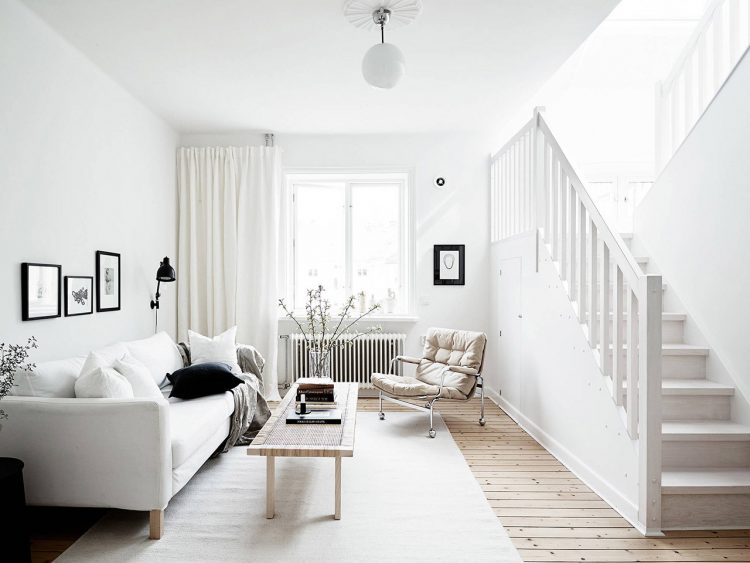
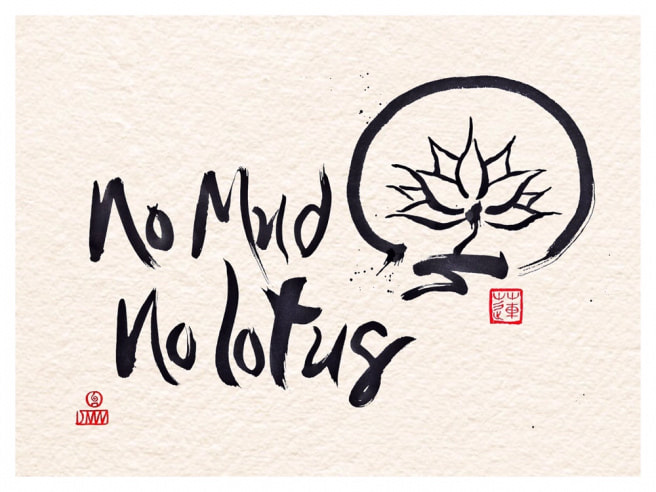
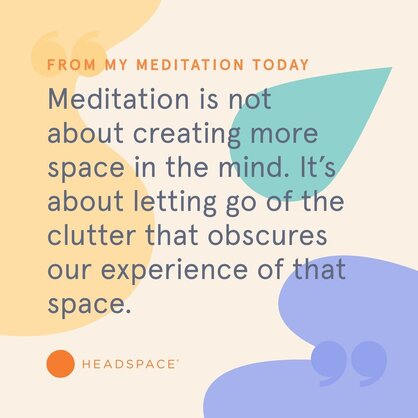
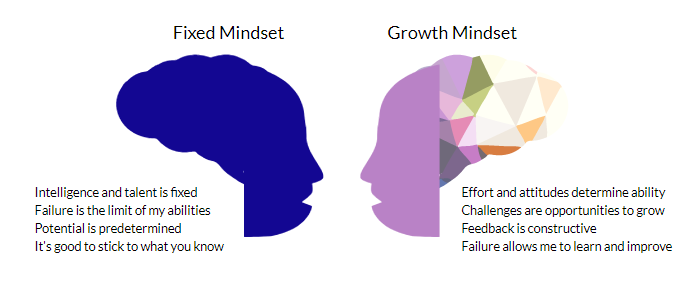
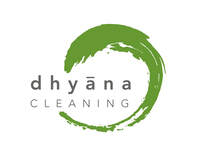
 RSS Feed
RSS Feed
